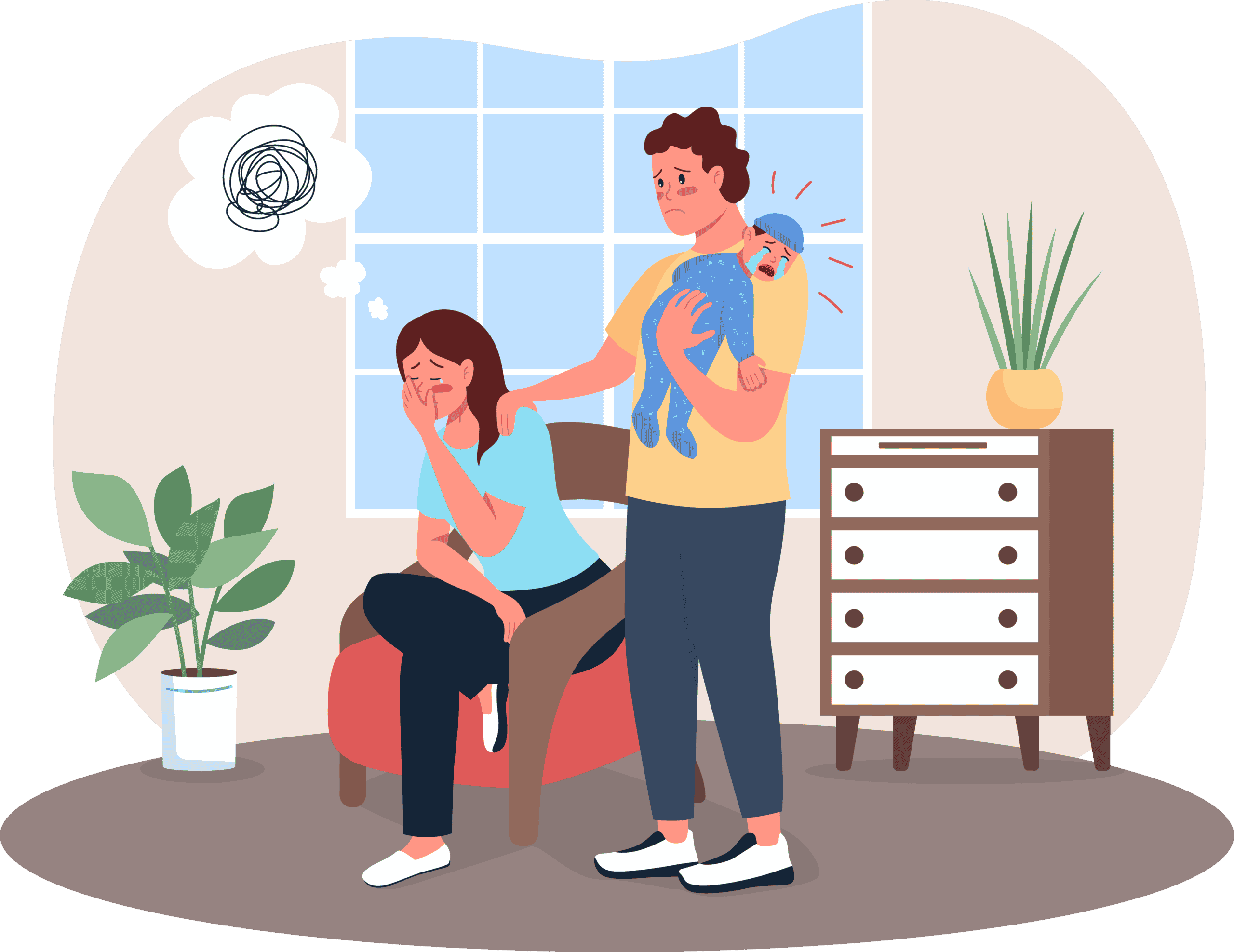
The support person is someone who is able to assist with your welfare and wellbeing before, during and/or after your Family Dispute Resolution (FDR) appointments, including at pre-mediation and mediation. A support person is someone who has a calming influence for you and can help you get the best out of your time at FDR.
Some of the situations where a support person may be needed could include:
Support people can either be someone you have a personal or professional relationship with, such as:
Some people are not suitable to take on the role of a support person, such as:
In some situations, the mediator will request that you bring a support person to the mediation as there is a concern for your welfare and wellbeing.
Concerns will most likely have arisen during your individual contact with the mediator where you may have disclosed information or presented in a way whereby the mediator believes you need additional support or you may be at some level of risk participating mediation without support. Examples may include history or currency of, but not limited to:
Everyone involved in mediation needs to feel comfortable and safe, which includes having a say in who is present at the mediation.
The mediator wants to ensure that if a support person is requested, that this person represents a calm and positive influence during the mediation and does not inflame the situation just by merely being in the same room.
The mediator will liaise between all parties to negotiate the suitability of support people.
In most cases we will rely on you to pass on information to your support person, such as this fact sheet.
In some cases, the mediator may need to have contact with your support person directly to provide them with more specific information about being a support person and what they can expect in mediation.
Support people can take on several roles during the mediation. Support people can be physically present in the mediation, be waiting outside or available via phone.
Prior to your mediation, the mediator will have advised you if your support person is essential. If the support person is not available on the day, then your mediation may be postponed until your support person is available.
Mediators will consult with you on the day to determine whether mediation should go ahead or not or if the mediation can be postponed until a time when your support person is available.
You need to advise the mediator before your mediation if you would like a support person with you. The mediator needs to know who the person is and what role you would like them to have at the mediation.
The mediator will then be able to check-in with the other party to see if they are comfortable with who you are bringing to the mediation and what role they will have.
If the mediator does not know that you are bringing a support person to the mediation, then the mediators will most likely not allow the support person into the mediation.
You will need to choose your own support person and make arrangements for them to attend and preliminary interviews and/or mediation session. However, the mediator may be able to link you with appropriate services if you don’t have a support person in mind.
